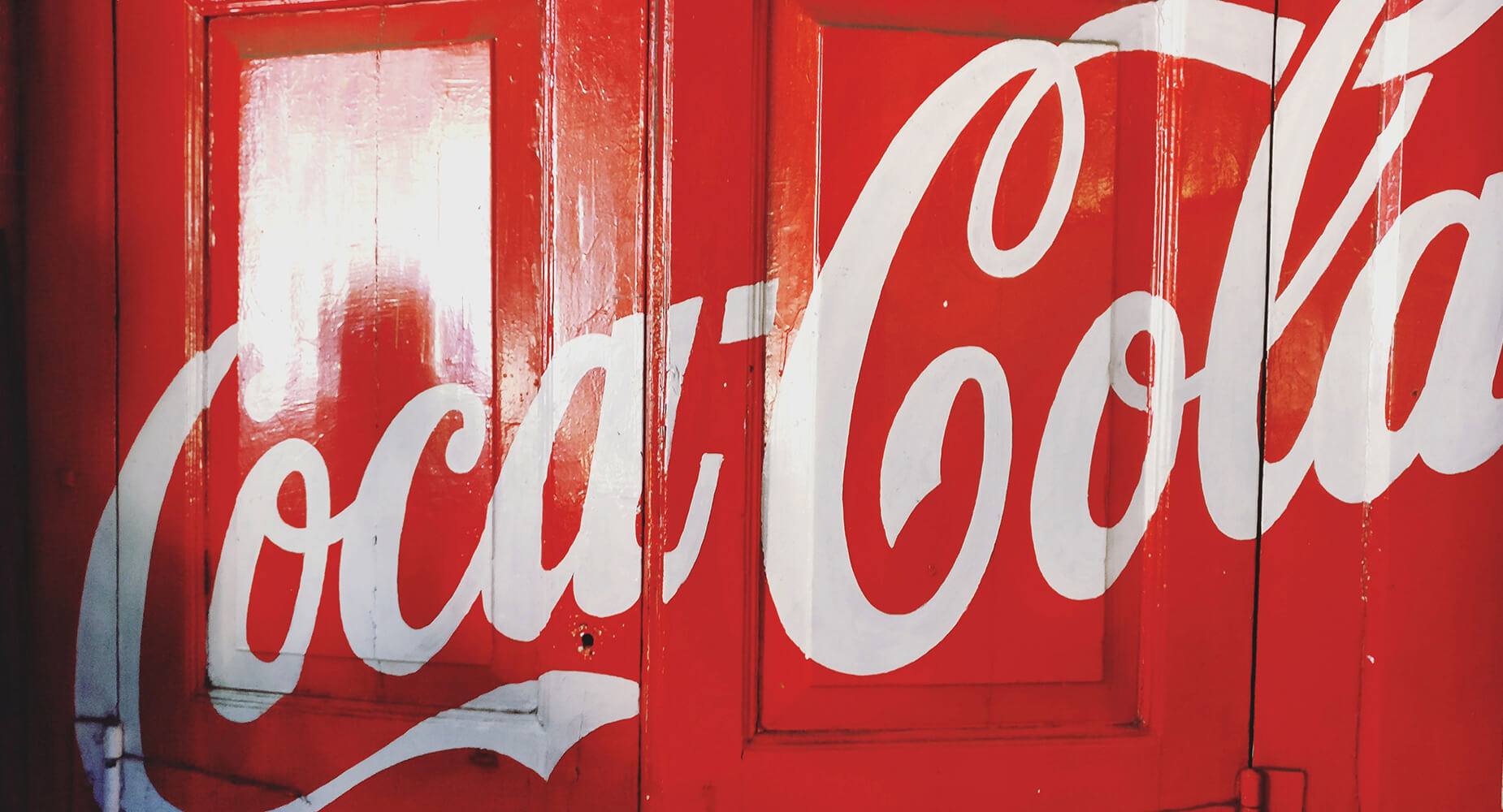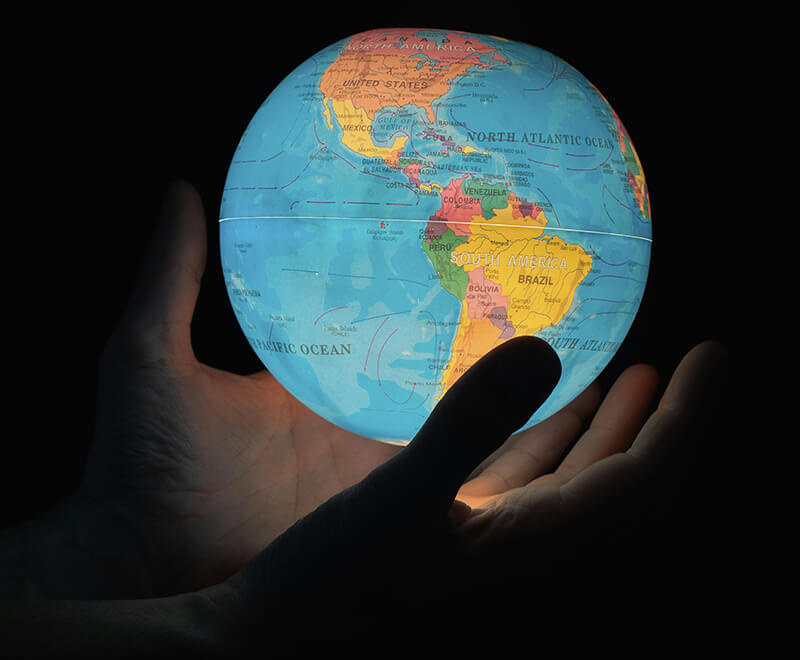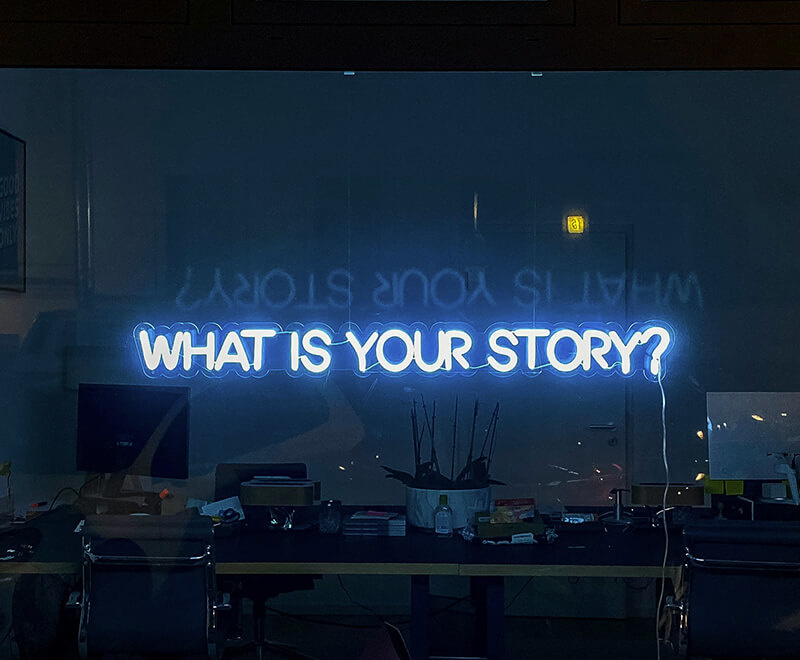Coca-Cola has been on the receiving end of one of the media’s current cause celebres: plastic packaging. This week the drinks company made a fresh commitment to reduce the environmental impact of its plastic bottles. While some have welcomed the move, others have accused the fizz experts of anaemic ambition. Sam Barnett looks at what’s happened and why Coca-Cola may need to give more than an extra 10%.
What happened?
Coca-Cola, the world’s biggest drinks brand, has announced its aim to increase the amount of recycled plastic in its UK bottles to 50% by 2020. Previously the company had committed to just 40% of its plastic packaging being recycled. To achieve this, the company will invest millions of pounds in “Europe’s largest and most advanced plastic bottle recycling facility”, based in Lincolnshire.
Coca-Cola also committed to a marketing campaign about littering and to trialling a “recovery and reward” scheme, which will pay people for returning bottles. This follows the drinks company’s U-turn on bottle deposit schemes, which it had once opposed.
Why is it important?
Plastic pollution, and in particular its impact on the sea, has been making waves. Greenpeace has been relentless on the issue and in March it released ‘Bottling It’, an in-depth survey on the environmental impact of leading soft drinks brands. The devastating report found that the world’s six largest brands use a combined average of just 6.6% recycled plastic, with there being little appetite for significant green commitments.
This research has helped fuel a media bonfire of the world’s biggest soft drinks brands, with Coca-Cola at the top of the pile. The Guardian has launched ‘Bottling It’, a series which fights the plastic bottle ‘litter apocalypse’, while the Sky ‘Ocean Rescue’ campaign aims to push back the tide of ocean plastic pollution. The issue has also been picked up by the Economist, The Times and the Mail, who have all reported on the impact of plastic bottles on marine life.
What’s the reaction been?
Reasonably warm. The Guardian received the story, only to devote most of the article to criticism from environmentalists. That said, the piece did include a nice line from a Coca-Cola ‘source’ which highlighted that the problem is industry-wide, saying that “There is a feeling that no one wants to be the brand which is littering beaches with plastic.” However An eviscerating opinion piece in the Guardian by John Sauven, director of Greenpeace, accused Coca-Cola of being ‘far from genuinely innovative’.
The story was also picked up by the Mail, Independent and Sky, but much of the coverage was hampered by a feisty Greenpeace response that accused the drinks manufacturer of ‘PR spin’ and doing little to affect real change. That said, The Times focused on the bottle exchange scheme and was reasonably positive in its coverage.
Best headline?
If you care so much, Coke, why aren’t your bottles 100% recycled? – hardly witty, but gets to the heart of the matter.
What’s next?
So long as Coca-Cola’s bottles continue to pollute the sea, it will be tarred as a green criminal – marine life in plastic will never look fantastic.
However, the company has an opportunity to lead the industry. Its commitment to a bottle deposit scheme has been positively received by opposition parties in Parliament, pressuring the Government to say that it is considering how such a scheme could be introduced. If Coca-Cola’s recovery and reward scheme is executed – and communicated – well, the company could go from environmental laggard to leader.




